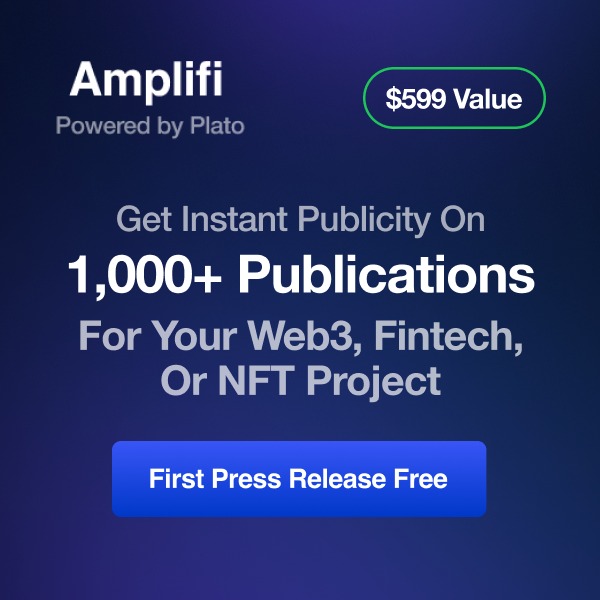Tag: paying
Hacking Attacks: Ethereum vs Terra Flash Loans
Inside the blockchain developers’ mind: Building a free-to-use social DApp

What are the limitations that are preventing DApps’ mainstream adoption and is it possible to make totally free-to-use decentralized applications?
Why decentralization isn’t the ultimate goal of Web3

Decentralization of Web3 infrastructure is critical to its success as it gives us back the freedom that we are currently paying for using Web2.
US Charges Indian Citizen in $3.4 Billion Crypto Ponzi Scheme Bitconnect
 The founder of the $3.4 billion crypto Ponzi scheme Bitconnect has been charged in the United States. “If convicted of all counts, he faces a maximum total penalty of 70 years in prison,” said the U.S. Department of Justice.
Bitconnect’s Founder Could Go to Prison for 70 Years
The U.S. Department of Justice […]
The founder of the $3.4 billion crypto Ponzi scheme Bitconnect has been charged in the United States. “If convicted of all counts, he faces a maximum total penalty of 70 years in prison,” said the U.S. Department of Justice.
Bitconnect’s Founder Could Go to Prison for 70 Years
The U.S. Department of Justice […] How Crypto Can Help with Remittance Payments in Africa
It looks like cryptocurrency could really help with remittance payments and boost worker salaries in Africa. Study in Africa Shows the Power of Crypto A study was conducted in Nairobi, the capital of Kenya. In this nation – and several other nations of Africa – a new industry referred to as microwork has emerged over...
The post How Crypto Can Help with Remittance Payments in Africa appeared first on Live Bitcoin News.
TribeOne Is Hosting Crypto’s Biggest NFT Giveaway – Win your very own MAYC!
Are you on dating apps and invested in crypto? Here’s what you should know
 A recent media report has shed light on crypto fraud that occurred last year on a dating platform. A 24-year-old Tennessee woman reportedly lost $390,000 when she started dating a person named Hao on Hinge. As per texts seen by the NYT, he persuaded her, “I want to teach you to invest in cryptocurrency when […]
A recent media report has shed light on crypto fraud that occurred last year on a dating platform. A 24-year-old Tennessee woman reportedly lost $390,000 when she started dating a person named Hao on Hinge. As per texts seen by the NYT, he persuaded her, “I want to teach you to invest in cryptocurrency when […] DOJ indicts BitConnect’s Indian founder for $2.4B crypto Ponzi scheme

A San Diego-based federal grand jury charged Kumbhani for orchestrating an alleged Ponzi scheme via BitConnect’s “Lending Program” among other allegations.
Front-running, flash bots and keeping things fair in the crypto market

We can’t allow failures of the past to come creeping back into the DeFi future — let’s stop the flash bots dead in their tracks.
Ukraine Cyber Response
Reading Time: 2 minutes Cyberwarfare is the New Front Line Comodo has taken the security of customers very seriously, whether those customers are at home in the US or abroad. Upon hearing the tragic news coming out of Ukraine, Comodo wishes to extend sympathy to all those suffering in this dark time. Loss of life and injuries for countless...
The post Ukraine Cyber Response appeared first on Comodo News and Internet Security Information.




